V. Bright Prospects for Peaceful Reunification
Once peaceful reunification is achieved under One Country, Two Systems, it will lay new foundations for China to make further progress and achieve national rejuvenation. At the same time, it will create huge opportunities for social and economic development in Taiwan and bring tangible benefits to the people of Taiwan.
1. Taiwan Will Have a Vast Space for Development
Taiwan boasts a high level of economic growth, industries with distinctive local features, and robust foreign trade. Its economy is highly complementary with that of the mainland. After reunification, the systems and mechanisms for cross-Straits economic cooperation will be further improved. Backed up by the vast mainland market, Taiwan's economy will enjoy broader prospects, become more competitive, develop steadier and smoother industrial and supply chains, and display greater vitality in innovation-driven growth. Many problems that have long afflicted Taiwan's economy and its people can be resolved through integrated cross-Straits development with all possible connectivity between the two sides. Taiwan's fiscal revenues can be better employed to improve living standards, bringing real benefits to the people and resolving their difficulties.
Taiwan's cultural creativity will also enjoy a great boost. Both sides of the Taiwan Straits share the culture and ethos of the Chinese nation. Nourished by the Chinese civilization, Taiwan's regional culture will flourish and prosper.
2. The Rights and Interests of the People in Taiwan Will Be Fully Protected
Provided that China's sovereignty, security and development interests are guaranteed, after reunification Taiwan will enjoy a high degree of autonomy as a special administrative region. Taiwan's social system and its way of life will be fully respected, and the private property, religious beliefs, and lawful rights and interests of the people in Taiwan will be fully protected. All Taiwan compatriots who support reunification of the country and rejuvenation of the nation will be the masters of the region, contributing to and benefitting from China's development. With a powerful motherland in support, the people of Taiwan will enjoy greater security and dignity and stand upright and rock-solid in the international community.
3. Both Sides of the Taiwan Straits Will Share the Triumph of National Rejuvenation
The people of Taiwan are brave, diligent and patriotic, and have made unremitting efforts to improve themselves. They revere their ancestry and love their homeland. Working together and applying their talents, people on both sides of the Taiwan Straits will create a promising future. After reunification, we Chinese will bridge gaps and differences caused by long-term separation, share a stronger sense of national identity, and stand together as one. After reunification, we can leverage complementary strengths in pursuit of mutual benefit and common development. After reunification, we can join hands to make the Chinese nation stronger and more prosperous, and stand taller among all the nations of the world.
The people separated by the Taiwan Straits share the same blood and a common destiny. After reunification, China will have greater international influence and appeal, and a stronger ability to shape international public opinion, and the Chinese people will enjoy greater self-esteem, self-confidence and national pride. In Taiwan and on the mainland the people will share the dignity and triumph of a united China and be proud of being Chinese. We will work together to refine and implement the Two Systems solution to the Taiwan question, to improve the institutional arrangements for implementing the One Country, Two Systems policy, and to ensure lasting peace and stability in Taiwan.
4. Peaceful Reunification of China Is Conducive to Peace and Development in the Asia-Pacific and the Wider World
Peaceful cross-Straits reunification is of benefit not only to the Chinese nation, but to all peoples and the international community as a whole. The reunification of China will not harm the legitimate interests of any other country, including any economic interests they might have in Taiwan. On the contrary, it will bring more development opportunities to all countries; it will create more positive momentum for prosperity and stability in the Asia-Pacific and the rest of the world; it will contribute more to building a global community of shared future, promoting world peace and development, and propelling human progress.
After reunification, foreign countries can continue to develop economic and cultural relations with Taiwan. With the approval of the central government of China, they may set up consulates or other official and quasi-official institutions in Taiwan, international organizations and agencies may establish offices, relevant international conventions can be applied, and relevant international conferences can be held there.
Conclusion
Over its 5,000-year history, China has created a splendid culture that has shone throughout the world from past times to present, and has made an enormous contribution to human society. After a century of suffering and hardship, the nation has overcome humiliation, emerged from backwardness, and embraced boundless development opportunities. Now, it is striding towards the goal of national rejuvenation.
Embarking on a new journey in a new era, the CPC and the Chinese government will continue to rally compatriots on both sides of the Taiwan Straits, and lead the efforts to answer the call of the times, shoulder historic responsibilities, grasp our fate and our future in our own hands, and work hard to achieve national reunification and rejuvenation.
The journey ahead cannot be all smooth sailing. However, as long as we Chinese on both sides of the Taiwan Straits devote our ingenuity and energy to the same goal, let there be no doubt - we will tolerate no foreign interference in Taiwan, we will thwart any attempt to divide our country, and we will combine as a mighty force for national reunification and rejuvenation. The historic goal of reuniting our motherland must be realized and will be realized.
Notes
[1] United Nations Juridical Yearbook 2010, p. 516.
[2] Between September 4 and 8, 1951, the United States gathered a number of countries in San Francisco for what they described as the San Francisco Peace Conference. Neither the PRC nor the Soviet Union received an invitation. The treaty signed at this meeting, commonly known as the Treaty of San Francisco, included an article under which Japan renounced all rights, title and claim to Taiwan and the Penghu Islands. This treaty contravened the provisions of the Declaration by United Nations signed by 26 countries - including the United States, the United Kingdom, the Soviet Union and China - in 1942, the fundamental principles of the UN Charter, and the basic norms of international law. The PRC was excluded from its preparation, drafting and signing, and its rulings on the territory and sovereign rights of China - including the sovereignty over Taiwan - are therefore illegal and invalid. The Chinese government has always refused to recognize the Treaty of San Francisco, and has never from the outset deviated from this stance. Other countries, including the Soviet Union, Poland, Czechoslovakia, the Democratic People's Republic of Korea, Mongolia, and Vietnam, have also refused to recognize the document's authority.
[3] In his speech titled "Continue to Promote the Reunification of the Motherland" on January 30, 1995, Jiang Zemin, then general secretary of the CPC Central Committee and president of China, made eight proposals for the development of cross-Straits relations and peaceful national reunification. He emphasized, "Adhering to the one-China principle is the basis and prerequisite for peaceful reunification", and "in not promising to renounce the use of force, we are in no way targeting our Taiwan compatriots, but rather foreign forces conspiring to interfere in China's peaceful reunification and bring about Taiwan independence". (See Selected Works of Jiang Zemin, Vol. I, Eng. ed., Foreign Languages Press, Beijing, 2009, pp. 407-412.)
[4] This figure does not include reinvestment by Taiwan investors through a third place.
[5] From the statistics of the April 2022 edition of the World Economic Outlook databases of the International Monetary Fund.









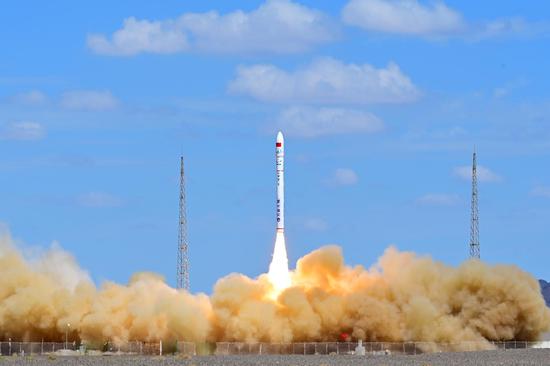
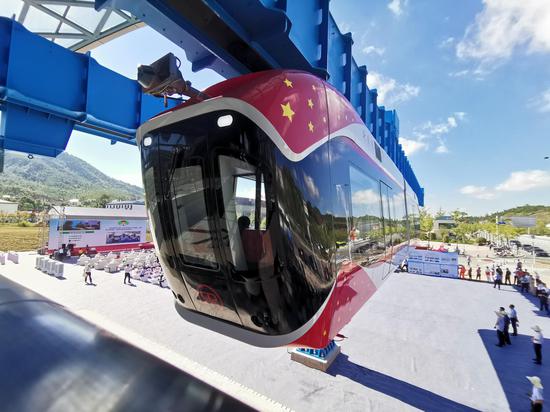
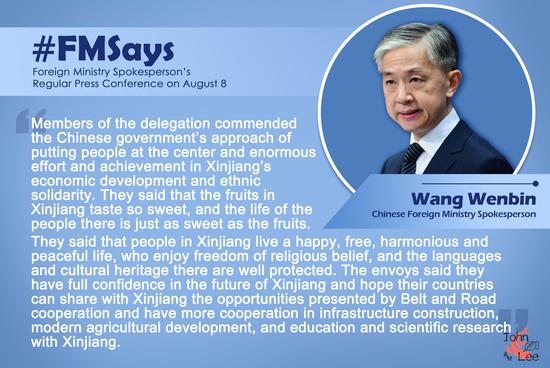
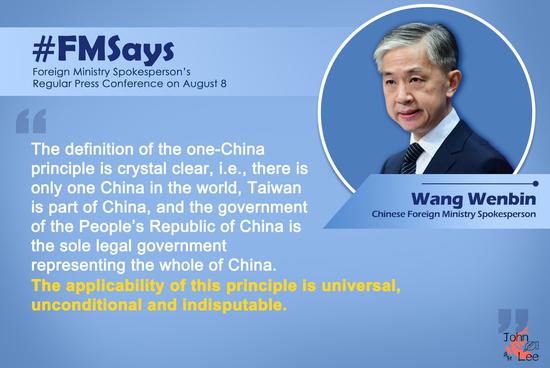
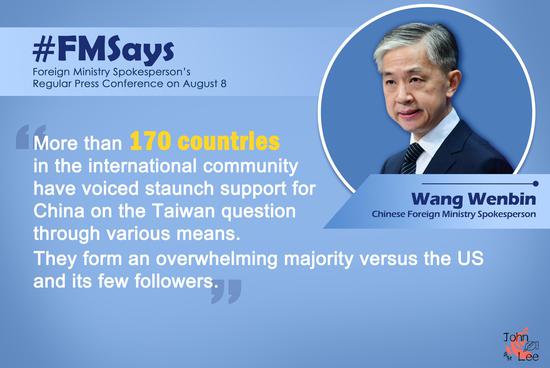
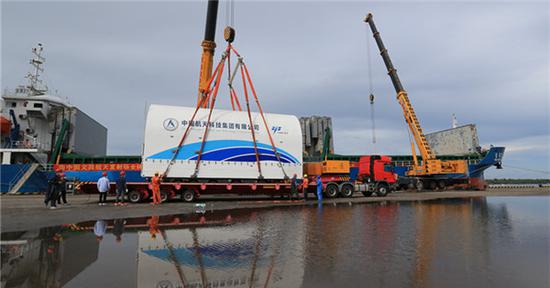


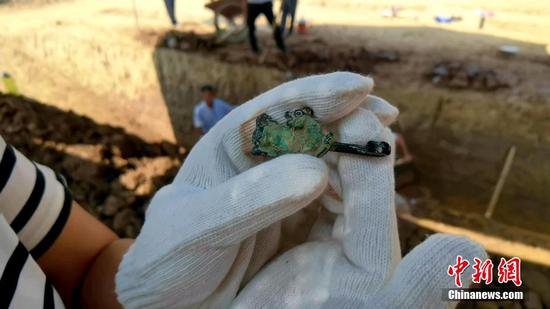



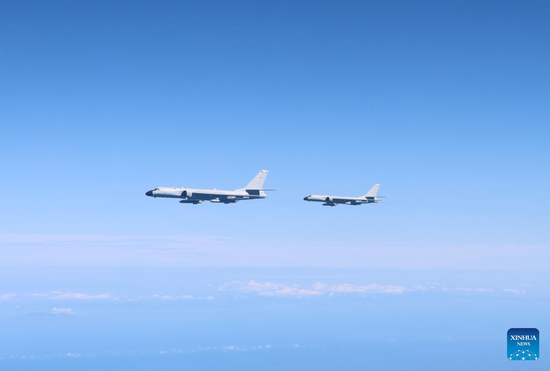
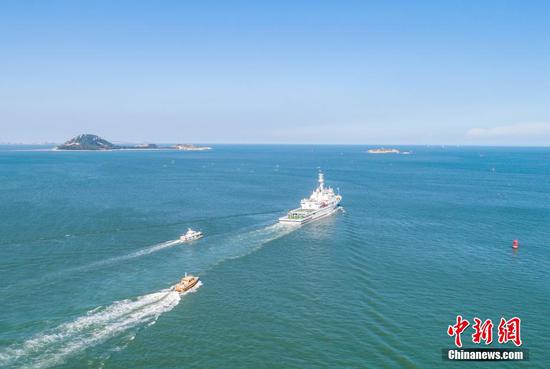
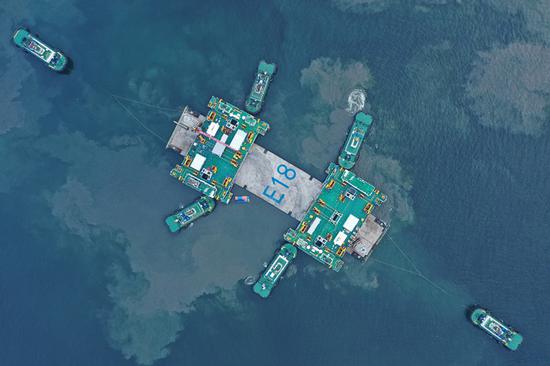


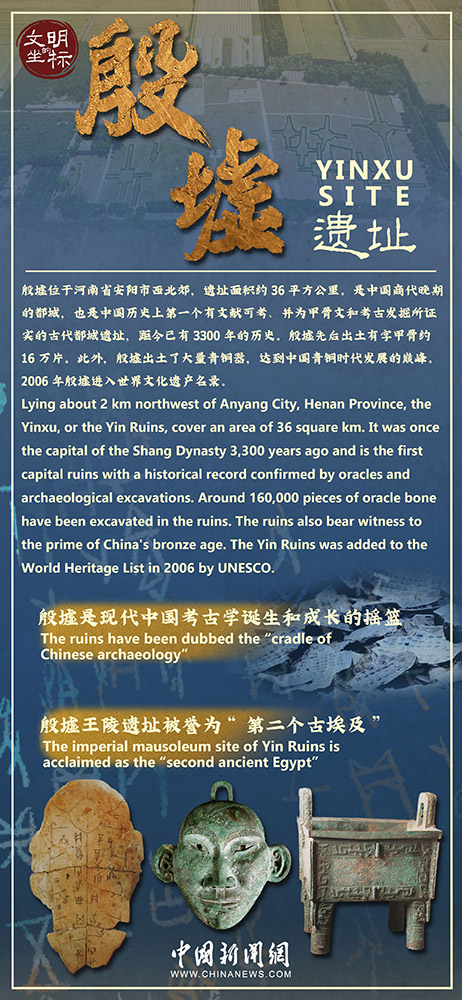





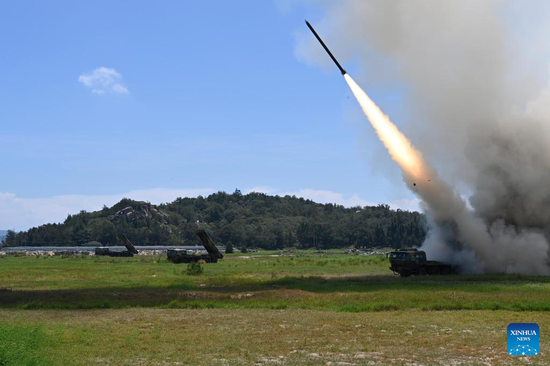


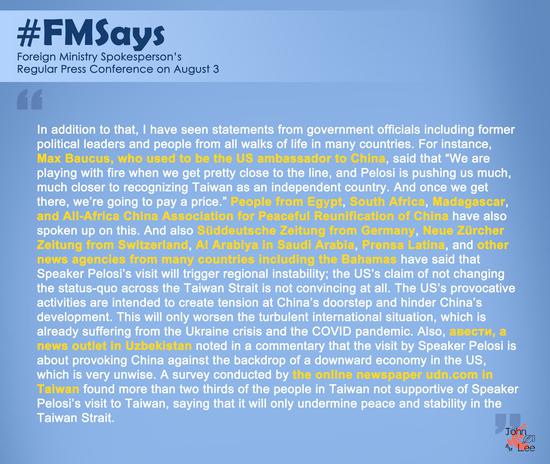
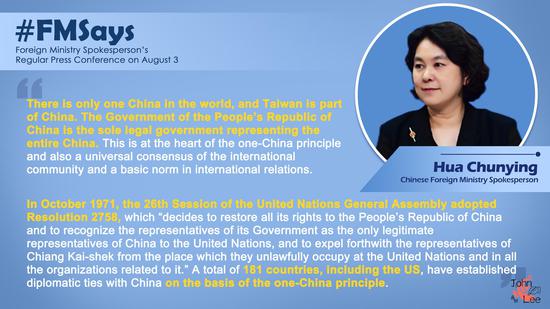
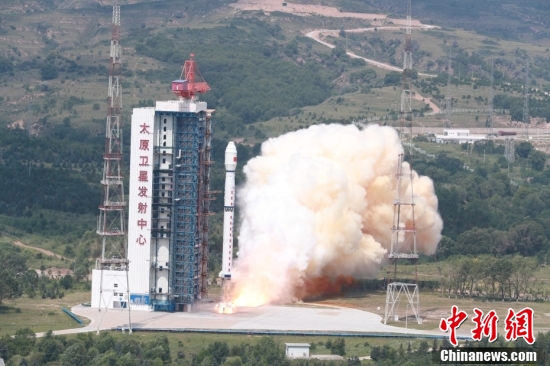
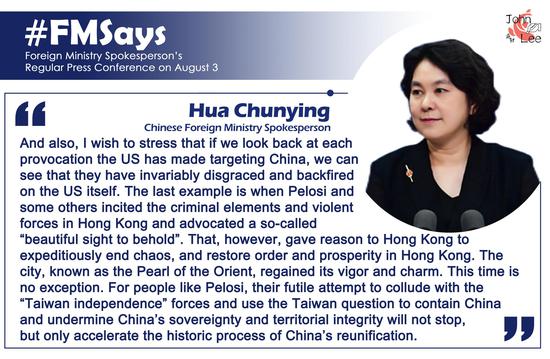
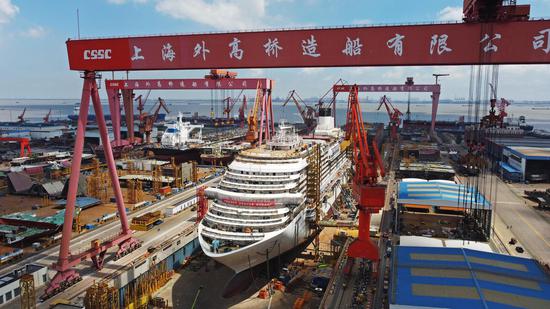









 京公网安备 11010202009201号
京公网安备 11010202009201号